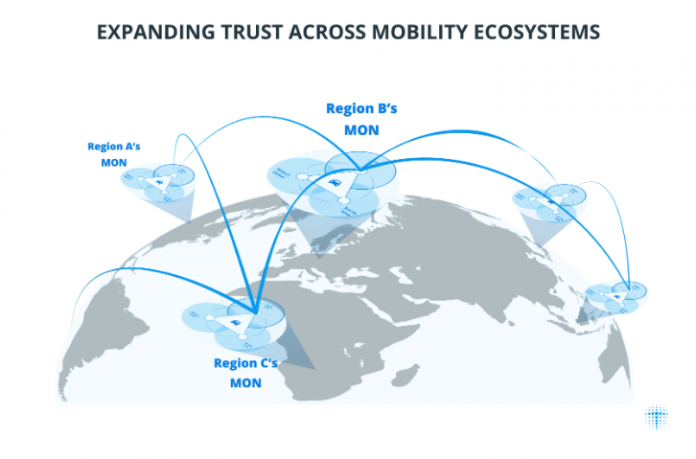Japanese automaker big Toyota is exploring the financialization of automobile possession, turning fleets into belongings.
Abstract
- Toyota has proposed a blockchain that hyperlinks all key knowledge on automobiles
- NFTs can signify automobile possession, and merchants can bundle them in a portfolio
- The idea is particularly helpful in EVs, robo-taxis, and fleets
Toyota is actively exploring the idea of tokenizing automobiles. On Tuesday, August 19, Toyota Blockchain Lab launched a white paper on the Mobility Orchestration Community (MON). This new blockchain would be capable to observe key automobile knowledge, doubtlessly turning automobiles into tokenized belongings.
The proposal explains that each automobile, together with logistic vans, rental fleets, and even robo-taxis, leaves a path of data behind it. This data, together with registration, manufacturing, and upkeep, might be bundled as proof on the community right into a token.

Every automobile would have its personal NFT, which comes along with all its historical past and key information. Potential patrons might then use this data to evaluate the automobile’s worth. What’s extra, the community might allow customers to purchase these NFTs with out having to bodily management the automobile.
How Toyota sees the way forward for automobile possession
Toyota Blockchain Lab envisages a number of use circumstances for this community. For one, autos are costly. Nevertheless, in contrast to housing, they’ve up to now eluded the pattern towards financialization. With a blockchain community monitoring their use, automobile possession and use don’t must be carefully tied collectively.
As an example, carmakers might bundle a number of automobile NFTs right into a fund, successfully enabling funding in automobile fleets. The identical sort of funding automobile might be used to fund robo-taxi fleets or logistics fleets in rising markets.
What’s extra, if automobiles may be securitized, fleet operators might be capable to increase capital extra cheaply than by means of loans. Nonetheless, the white paper doesn’t go into how this financialization of automobile possession might have an effect on common automobile house owners or automobile costs.

